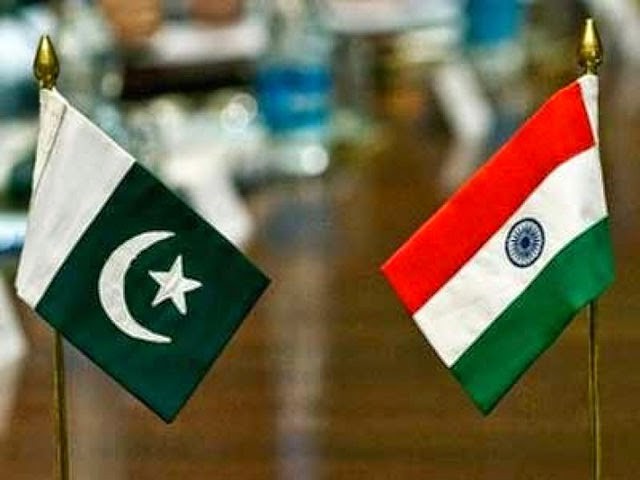
New Delhi, March 20 (IANS) India's well-timed decision post independence to control and diversify its army helped preserve its democracy, or it could have ended up like Pakistan which has seen three army coups post independence.
Yale university professor Steven I. Wilkinson, in his book "Army and Nation: How India's Founders Made its Army Safe for Democracy" - writes that while the Indian Army at the time of independence was dominated by few martial groups, diversification and modifications in its structure helped the country.
"If you inherit an imbalanced army, chances of a coup are high," Wilkinson said speaking about his book at the India International Center Thursday evening.
The author said in 1929, the army had overwhelmingly warriors from Sikh and Gorkha communities, both martial groups.
"In 1947, the army was still dominated by certain martial groups who made 95 percent of the troops. It was still an imbalanced army, as the British recruited troops from martial roots. These officers were also a closely knit community creating more trouble for politicians," he said.
He however added that India was still in a better position in what it inherited, compared to Pakistan, which had 72 percent of its army from Punjab alone, while thereere only 155 officers from East Pakistan (now Bangladesh).
"The most represented and the least represented (in army) - Punjab and Bengal - were together in Pakistan," he said.
India on the contrary had 32 percent Sikh soldiers, 18 percent from Uttar Pradesh, and 10 percent from erstwhile Bombay province, which he said was more diversified comparatively, while still imbalanced.
The author said, however, India dealt with the issue better than Pakistan.
"India dealt with it better. Pakistan either did not try or did it too late. They could have done a lot in the 1950s," he said.
"India's political leadership felt the army needed immediate attention. (Jawaharlal) Nehru and (Vallabhbhai) Patel were thinking about it as an issue. In Pakistan there was very little thinking about it," he said.
He highlighted that at the time of independence, both Indian and Pakistani armies had a similar background, adding that the Indian Army could have reacted in a similar way as happened in Pakistan had there been political instability here.
"They were trained in the same way, and they kept ties even after partition. Had India slipped into political chaos, they (Indian Army) could have acted similar," he said.
The author also pointed out that despite of the fact that army was dominated by people from Punjab, it was not untill 1961 that the army got its first chief from the Punjab regiment - General Pran Nath Thapar.
Pakistan, since partition, has seen three military coups and several unsuccessful attempts.
It began in 1958, when the first Pakistani president, Iskander Mirza, who had retired as a major general, dismissed parliament and prime minister Feroz Khan Noon, appointing the army chief, General Ayub Khan, as the chief martial law administrator. Thirteen days later, Mirza himself was deposed by Ayub Khan, who appointed himself the president and raised himself to field marshal.
In 1977, Pakistani Army chief General Zia-ul-Haq overthrew prime minister Zulfikar Ali Bhutto, who was later hanged.
In 1999, General Pervez Musharraf overthrew prime minister Nawaz Sharif and and evnetually became the president.
All types of movies are shown in Bollywood, romantic, action, comedy, and horror. Everyone has th
Kathua Cloudburst: People were sleeping... a strong current came, people ran to the roofs to save their lives, household was destroyed; there was nothing left to eat
The flood caused by a cloudburst in Kathua on Sunday morning destroyed everything. People were sleep
Social media platform X (formerly Twitter) may be responsible for all the content created by its
OnePlus 8 Pro is getting thousands of benefits in Amazon Sale, Samsung's phone is in competition
New Delhi: Smartphone company OnePlus is once again introducing its great phone OnePlus 8 Pro in
A sea of people from the country and the world gathered for the Mahasnan of Mahakumbh in Ti
Nepal cricket team set records in Asian Games 2023: On the fourth day of the Hangzhou Asian Games
Curfew was announced late Friday night in Kherson, Ukraine. Russian-appointed Kherson Governor St
Rupee At Record Low: Rupee falls further against the dollar, reaching a record low of 77.81
The trend of depreciation of the Indian currency against the US dollar continues. The rupee hit a
Ukraine Returned Medical Students: The future of 20,000 medical students who returned home during
Incidents of bomb threats to Indian airlines are continuing. In the last 24 hours, three planes h